From Water Supply to Livelihood
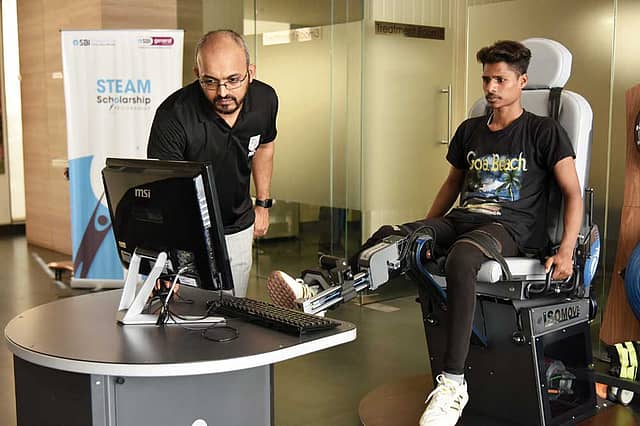
SBI Foundation is the CSR arm of the State Bank of India, India's largest national bank, which aims to build an equitable society through several CSR interventions to make India a world economic leader.
Why was SBI Foundation set up?
SBI always places the interest of the common man especially the most marginalised, at its core and has been doing 'Community Services Banking' since 1973. These included initiatives like financial inclusion, rural development, tree plantation drives, blood donation camps, etc.
SBI Foundation was established in 2015, as a subsidiary of the State Bank of India to make CSR not just an initiative of the State Bank Group but an ethos. The top Management at SBI voluntarily decided to set up the Foundation, as a not-for-profit entity, to undertake strategic-centred CSR initiatives. The Foundation, therefore, works with sector experts on the ground to identify, fund and scale various initiatives across the country. The heart of every project taken up by the Foundation is the community's involvement. Through some of our initiatives we also work closely with the government in progressively reaching district-wide, state-wide and nationwide adoption.
Could you share the thematic areas of CSR covered by the SBI Foundation?
SBI Foundation's CSR activities are diverse and deep-rooted and have made meaningful differences in the lives of our beneficiaries from underserved communities. We have undertaken CSR activities across geographies and demographics in the country in focus areas like Livelihood & Entrepreneurship, Environment & Sustainability, Education, Healthcare, Rural Development, Empowerment of Persons with Disabilities, Women Empowerment and Promotion of Sports.
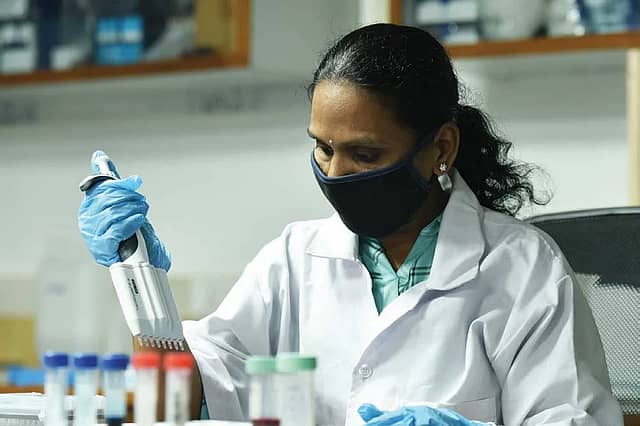
As India's largest banker, with penetration in every region of the country, how did the SBI reach help you leverage your CSR programmes?
The Foundation receives various leads from our SBI network spread across 17 Circles constituting 22,000 plus branches in the country. Especially during the COVID-19 pandemic, the primary needs assessment for various relief and rehabilitation initiatives was assessed by our local SBI teams in their respective districts to fill the demand-supply gap in the healthcare infrastructure.
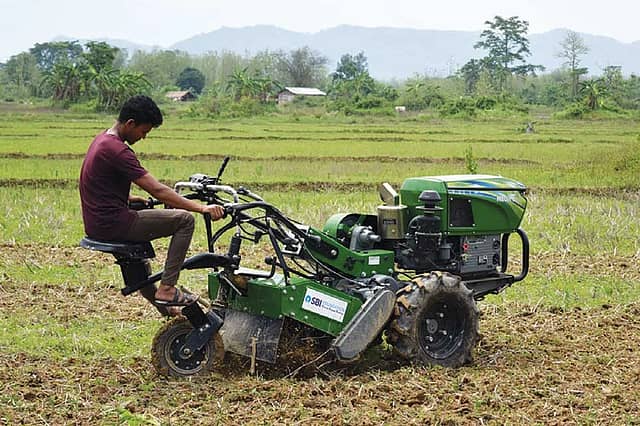
Further, our SBI network is also at times involved in project monitoring in their respective locations. The SBI repute and network also play an important role in Government partnerships for scaling up initiatives. The local SBI teams' involvement in the program galvanises various economic activities in the communities by linking schemes like SHG finance, RSETI training, and financial inclusion activities.
Another innovative CSR programme is the SBI Green Fund where SBI customers can redeem their credit card reward points for supporting our environment & sustainability initiatives.

With SDG 2030 targets to which India is committed to achieving, how is the Foundation aligned to equitable sustainable development in the country?
All of our interventions are designed to hold both the government's agendas and the UN SDGs as the rubric. SBI Foundation also pledged its support to the United Nations Global Compact, ratifying its ten principles spanning the areas of human rights, labour, environment and anti-corruption. We have been particularly successful in alleviating the challenges associated with Goal 1, which is No Poverty, Goal 3 which is Good Health and Well Being, Goal 4 which is Quality Education, Goal 6 which is Clean Water and Sanitation, Affordable and Clean Energy which is Goal 7, Decent Work and Economic Growth which is Goal 8 and Goal 13 that is Climate Action.
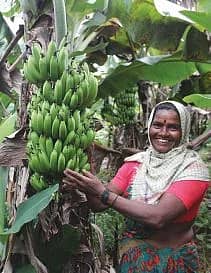
Considering the impact of the COVID-19 pandemic, how did the Foundation respond to this unprecedented situation?
SBI Foundation engaged in collaborative and proactive action to fight the COVID-19 pandemic in India. Under its flagship program 'Jivanam', SBI Foundation provides comprehensive primary healthcare to vulnerable communities, promoting innovations and cutting-edge technologies that can collectively strengthen the health systems of our country. A total of Rs. 45+ Crore has been utilised for these interventions, which impacted over 34 Lakh beneficiaries. SBI Foundation strategically focused its interventions by adopting a 360-degree integrated approach that tackled the 2 interrelated dimensions by enhancing Healthcare & Administrative Systems and Relief & Rehabilitation. We invested in genome sequencing as a long-term R&D initiative for early detection of COVID-19 biology, thereby enabling us to make informed, data-driven decisions. We also funded indigenously designed healthcare solutions & tech for the close monitoring of the pandemic. Our mid-term initiatives to enhance the healthcare & administrative ecosystems to be better prepared and to tackle surges in caseload & mitigate the spread included capacity building of healthcare workers, installation of oxygen plants, upgradation of healthcare equipment, mobile & community testing, vaccination drives, etc. Besides these, we were also actively involved in emergency relief efforts, like providing COVID-19 aid through our well-established network at the State Bank of India, raising awareness about COVID appropriate behaviour and creating COVID care centres.
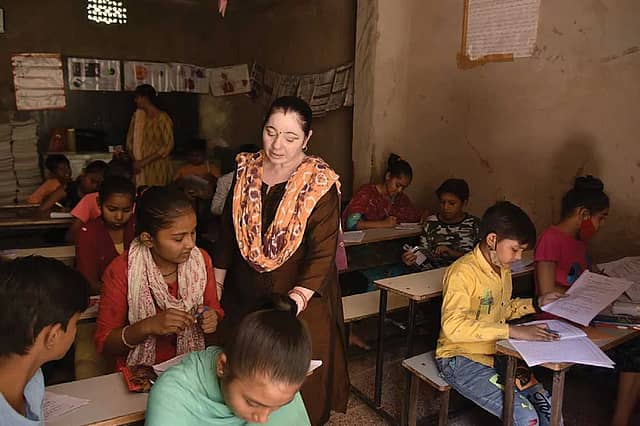
What do the awards and recognition mean to you for setting high benchmarks in the CSR domain?
Over the past year, we have been recognised by several prestigious juries convened to award noteworthy work in the CSR space, like the SABERA awards, Amity CSR awards, ICC Social Impact Awards, UBS Forums' CSR Summit and Awards, Brand Honchos' Indian CSR Awards etc. Milestones like these validate our innovative models and indicate that our interventions have made a meaningful impact. They also serve as invaluable encouragement to our team that has dedicated their careers to the service of society.

Your message on the importance of participation in CSR activities as part of nation-building and the SBI Foundation's leading role in it?
The convergence of the public and CSR sectors is imperative to plan and execute developmental projects at scale. Some of the fruitful associations we have forged with the government bear testimony to this model. For instance, our JIWI DAH HASA (Mega Watershed) project initiated in partnership with the MGNREGA Govt. of Jharkhand has so far 460 DPRs approved with a budget of approximately Rs. 1000 Crore, whereas our project budget along with the co-funders is little less than Rs. 20 Crore. The project will benefit more than 1.90 Lakh farmers. During COVID-19, our partnership with State National Health Missions of 10 States trained more than 4 Lakh health and allied workforce, under the 'Echo India' initiative. In our flagship program 'SBI Gram Seva,' where we have adopted 130 villages across the country, 75 villages are in the 15 Aspirational Districts leveraging government machinery and working closely with the collectors, BDOs and Gram Panchayats carrying out the holistic development of villages under the theme of 'Gram Swaraj'. In Meghalaya, we have partnered with the Integrated Childhood Development Scheme (ICDS) and adopted over 3000 anganwadis for content development in local languages, and supported the govt. in designing its ECCE (Early Childhood Care and Education) policy. We have indeed been key stakeholders in times of crisis as well as in implementing the government's developmental agenda. This liaison has been imperative to achieving optimum outcomes.
(A marketing initiative by Open Avenues)